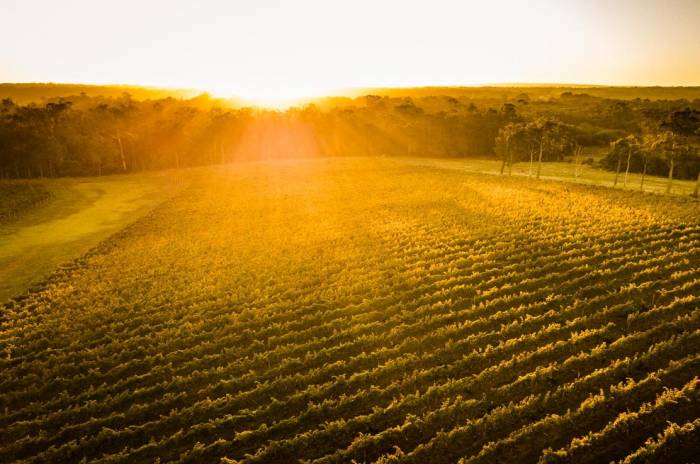Only 6 of 18 Key Regions See Crop Gains from Climate Geoengineering, Study Finds
Coffee, chocolate, and wine remain at risk as advanced cooling methods fail to ensure stable growing conditions worldwide.
2025-11-05

A new study warns that the future of coffee, chocolate, and wine remains uncertain even with advanced climate intervention techniques. Researchers have examined the potential of stratospheric sulphate aerosol injection (SAI), a geoengineering method designed to cool the planet by injecting reflective particles into the upper atmosphere. This process aims to mimic the cooling effects of volcanic eruptions by reflecting sunlight away from Earth, counteracting the warming caused by rising carbon dioxide levels.
The study, published in Environmental Research Letters, focused on key regions for growing wine grapes, coffee, and cacao—the plant used to make chocolate. These crops are highly sensitive to specific climate conditions and are already under threat from increasing temperatures and extreme weather events linked to climate change. The research team modeled how SAI might affect growing conditions in western Europe, South America, and West Africa between 2036 and 2045.
Results showed that while SAI could lower temperatures in some areas, it did not consistently create the stable conditions needed for these crops to thrive. The researchers found that unpredictable rainfall and humidity continued to pose significant risks. For example, excess moisture can lead to flooding or outbreaks of pests and diseases that damage cacao plants. Out of 18 regions studied, only six showed reliable improvement in crop suitability compared to a scenario without SAI.
Dr. Ariel Morrison of Colorado State University, a co-author of the study, explained that SAI may provide temporary relief from rising temperatures but is not a guaranteed solution for luxury crop farming. She noted that cacao plants are more tolerant of heat than coffee or grapes but remain vulnerable to pests and diseases driven by a combination of high temperatures, rainfall, and humidity. Dr. Morrison also emphasized that natural climate variability can lead to unpredictable outcomes even under SAI intervention, affecting farmers’ livelihoods.
The study highlights the need for local adaptation strategies and investment in resilient agricultural practices. Dr. Morrison stressed that global cooperation will be essential to protect these crops and support the communities that depend on them. The findings suggest that while geoengineering may help manage some aspects of climate change, it cannot fully safeguard the future of coffee, chocolate, and wine without broader efforts to address environmental challenges and support agricultural resilience.
Founded in 2007, Vinetur® is a registered trademark of VGSC S.L. with a long history in the wine industry.
VGSC, S.L. with VAT number B70255591 is a spanish company legally registered in the Commercial Register of the city of Santiago de Compostela, with registration number: Bulletin 181, Reference 356049 in Volume 13, Page 107, Section 6, Sheet 45028, Entry 2.
Email: [email protected]
Headquarters and offices located in Vilagarcia de Arousa, Spain.